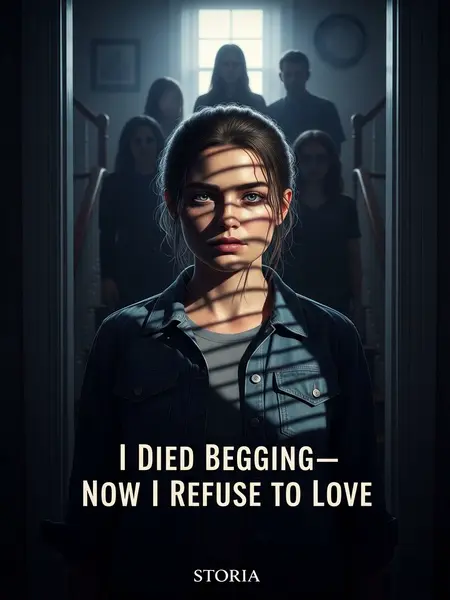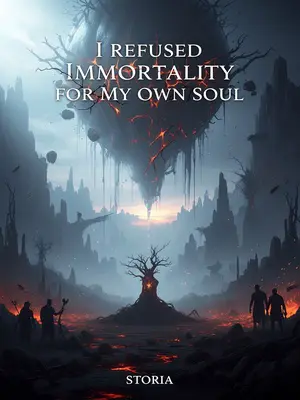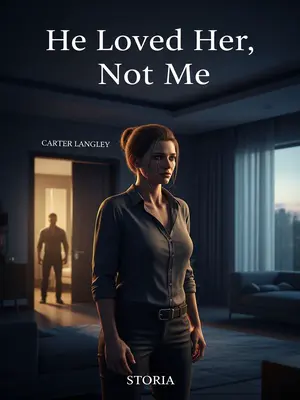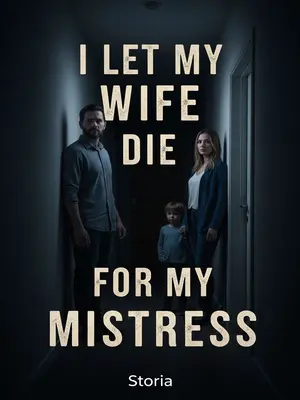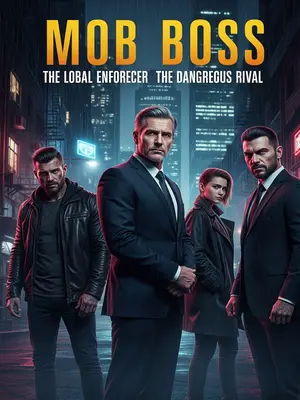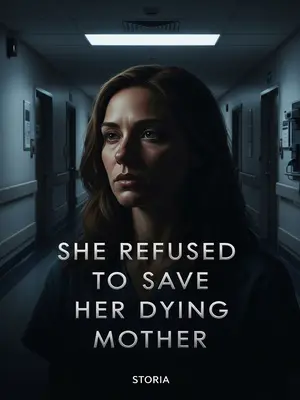Chapter 4: Choosing My Own Battle
The best way to get love is to love yourself.
No one else could give me what I needed. It had to come from me.
I moved into the storage room and shut the door.
The walls were bare. The air a little musty. But it was quiet, and for the first time, I felt a sliver of peace.
Ava brought over the teddy bear. “Em, here’s a toy for you—you’ll definitely like it.”
She held it out, her smile sweet, eyes shining with fake concern. Her voice was soft, almost apologetic. I didn’t buy it for a second.
“I don’t like toys, but thank you.” I replied through the door, already unpacking my old library books from Maple Heights.
I stacked the books on the floor, their covers worn and familiar. I let the bear sit by the door, untouched. It didn’t mean anything to me anymore.
The moment I woke up again, I made a plan.
I scribbled it down in the margins of my notebook—small steps, tiny victories. I wouldn’t let them break me again.
I would love myself.
That was my promise. No matter what happened, I’d put myself first.
For me, right now, the best way to love myself is to achieve something, to be independent.
I’d study hard. Save money. Build a life that belonged to me. I’d prove I didn’t need anyone else.
“Does Em not like me? That’s right, I’m the one taking your place…” Ava said softly outside the door.
Her voice was thin, trembling just enough to sound believable. She knew my parents were listening—she always did.
It sounded like she was talking to me, but it was really for my parents to hear. She wanted them on her side, always.
She was playing the victim, twisting the story in her favor. She was good at it—too good.
They were still there.
I could hear their footsteps, the quiet murmur of their voices. They hovered just outside, waiting for a cue.
Sure enough, my mom hurried to comfort her: “Your sister might be tired and needs to rest, don’t overthink it.”
She wrapped an arm around Ava, her voice gentle and soothing. She never spoke to me like that. Not once.
My dad added, “Ava, don’t overthink it. In this family, no one’s taking anyone’s place.”
He sounded tired, as if he’d said it a hundred times before. But I knew the truth.
Actually, someone is.
It was me. I was the intruder, the outsider. No matter what they said, I’d always be the one who didn’t belong.
After a nap, the house was quiet.
Sunlight slanted through the blinds, dust motes drifting in the still air. For a moment, it felt almost peaceful.
The housekeeper said the young miss was in a bad mood, so Mr. and Mrs. Hayes took her shopping.
Her voice was soft, almost apologetic. She didn’t look me in the eye. I could feel her discomfort.
I just said, “Okay.” That was fine.
I shrugged, pretending not to care. It was better this way—no one to bother me. I liked the quiet.
I started sorting my birthday gift cards and cash—gifts from my parents and relatives when they brought me back—more than fifteen grand.
I laid them out on the bed, counting each one carefully. It felt strange, holding so much money—like it belonged to someone else, not me.
I wanted to save it.
I tucked it away in an envelope, hiding it at the back of my drawer. It was the only thing that felt truly mine.
Because the days ahead wouldn’t be easy. This money was my only real security.
I knew I couldn’t count on anyone else. I’d learned that lesson the hard way.
The local community center director had helped me get a debit card, so I took it to a nearby bank.
She’d walked me through the paperwork, smiling kindly, treating me like I mattered. It was the first time in a long time someone had helped me just because.
Three years of suffering in my last life had made me familiar with the area—I wouldn’t get lost.
I walked the streets with confidence, weaving through traffic and crowds. I knew every shortcut, every hidden alley. The city felt smaller now.
At the bank, a tall man in a tailored suit appeared, followed by the branch manager, all smiles and handshakes as he walked him out. I recognized the scene—the little performance of power.
The lobby was bright and bustling. The click of heels, the hum of quiet conversation filled the air. The man in the suit looked important, the kind of person people moved aside for. I felt myself tense up.
I stopped in my tracks.
My heart skipped. I recognized the set of his shoulders, the sharp cut of his jaw. My brother.
The man in the suit was my brother, Mason.
He looked older than I remembered—more polished, more distant. He barely glanced at the people around him. He looked untouchable.
This was our first meeting in this life.
I felt a strange mix of dread and curiosity. Would he recognize me? Would anything be different this time?
But he recognized me—he’d seen my photos and videos. I saw it in his eyes.
His gaze landed on me, sharp and assessing. He didn’t smile.
He looked me up and down, then said coldly, “Emily Hayes?”
His voice was clipped, formal. He made my name sound like a question he already knew the answer to. I braced myself.
I answered, “Yeah.”
I stood my ground, meeting his eyes. I wouldn’t let him see me flinch.
The branch manager’s eyes lit up and he greeted me, all eager: “Miss, what’s your relationship to Mr. Hayes?”
He smiled wide, eager to please. His gaze flicked between us, searching for a story. I felt like a curiosity on display.
